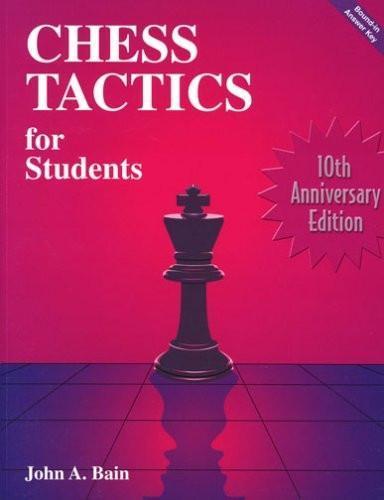
If you immerse yourself in chess for several hours a day, you will get better. The answer is that it doesn't really matter where you start. And you realise that between the desired result and your current state there is still so much work to do. The reason you feel overwhelmed is that you focus on the result instead of the process. Chess improvement usually happens in leaps and bounds with long phases of seeming stagnation in between.
Chess books for intermediate players how to#
Obviously there are different ways to train, but I'd like to hear about these different ways so that I can have an idea about how to get started on making my own custom program that I can stick to.įirst of all, there is no method that will just make you half an Elo point stronger each and every day. 2000+ ELO players, how was your daily training (when you were not playing at some tournament)? So the best way to figure out what to do is to ask people who are already at the point I want to be. If I was focusing on any one of those things I would be fine, but doing all of them is overwhelming. I can spare 3-4 hours a day on chess, but I cannot do anything constructive because I'm trying to learn everything: books on my most frequently played opening lines, books on pawn structures, books on planning, books on endgame studies, books on instructive master games, books everywhere! And then there is practicing my calculation and analysis by playing solitaire chess, and analyzing my own games to figure out my weaknesses, and improving my board vision. Thing is, I feel there is just too much to study. I must study stuff other than tactics if I want to get better. I can beat weaker players this way, but I usually get outplayed against stronger players who just don't make obviously bad moves. I got to 1700 by simply doing tactics problems and playing as carefully as I can to not make dumb tactical mistakes in my games. I love playing, and I love the competition. Besides, don’t forget to practice the recommendations of the masters and grandmasters of chess that you can find in the books mentioned in this article.I'm about 1700 ELO, and I've recently started playing regularly in tournaments. For sure, it will also bring you nice results, but studying will be more pleasing. But why don’t you look at this differently? In particular, you shouldn’t take the process too seriously, but instead, try to temper the intensity with rotation techniques or processes. Of course, learning may seem too difficult when you just start.

James Eade’s The Chess Player’s Bible (2004) and Chess for Dummies (1996) have been translated into 8 languages.Yury Shulman, Rishi Sethi, Shy SivapathamĬhess: 5334 Problems, Combinations, and Games

Top 16 Famous Chess Books from Best to Worst Rankīobby Fischer, Stuart Margulies, Donn Mosenfelder There are 16 of them that are arranged in a list from the most to the least famous and successful. That is why this article is dedicated to the best chess books for intermediate players that should be read if you want to improve your skills and achieve high results. The good news is that the majority share their experience and knowledge in their books.

Chess books for intermediate players professional#
Moreover, professional players always spend incredibly lots of time practicing and learning from coaches. Everyone who has encountered playing chess at least once in their life knows how difficult this game is.


 0 kommentar(er)
0 kommentar(er)
